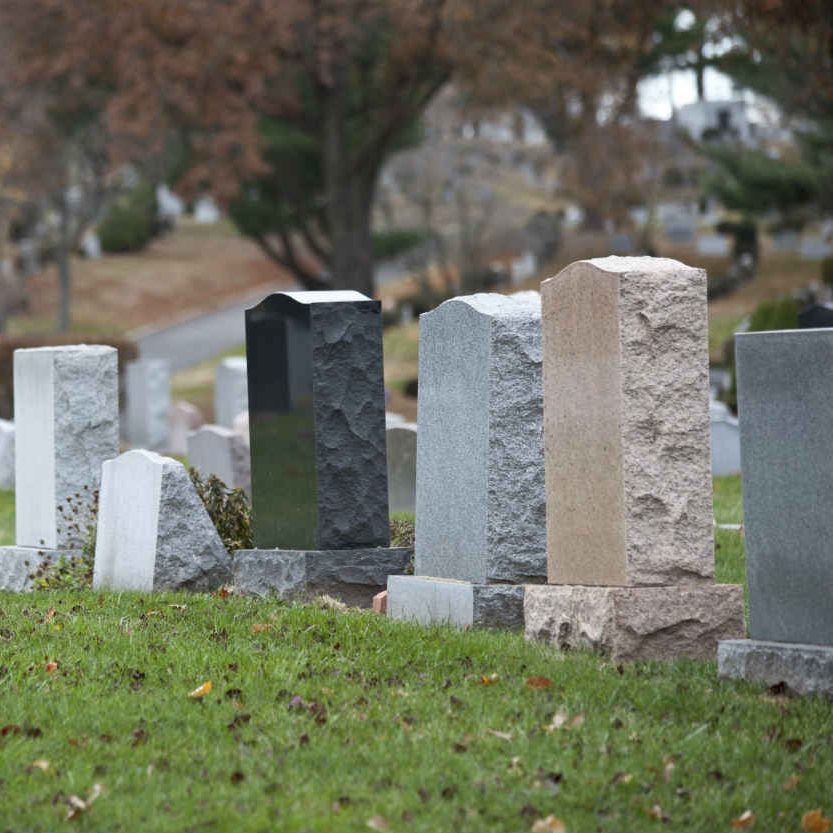The death of a loved one can leave an entire family devastated. The loss is further complicated by the financial turmoil that follows.
The workers’ compensation system provides death benefits to the surviving dependents of the deceased worker in case the death is caused by a work-related injury. The surviving dependents can claim death benefits in the following circumstances:
- The death of a worker as the result of a work-related injury.
- The employee suffers a permanent partial or total disability due to a compensable work-related injury; however, he or she dies after some time due to a cause unrelated to the work injury sustained.
FREE CONSULTATION

30 YEARS EXPERIENCE
OVER $100 MILLION COLLECTED
ONLY WORK COMP
This is the lawyer you want to hire! Just read the reviews. It is all true. Incredible! He will get you every dollar of lost wages, get you every ounce of medical treatment, and get you the highest possible award from the Division of Workers Compensation.
These reviews are correct. This attorney is incredible. He knows workmans compensation, fights for denied treatment and wages, and gets your on the job injury rated by the best doctors. I will be using him from here on our great experience.
The Law Office of James M Hoffmann was referred to me from a previous client, that was extremely impressed, with his service and outcome.
I met with Jim Hoffmann to discuss a car accident. Three cars were involved, my car was totaled, and I was seriously injured. After meeting with Jim the very first time, I immediately felt comfortable, and knew that he would have my back, and would fight for me.
Throughout my journey, I dealt with a lot of pain and several issues that lasted for years. During this time I had to contact Jim and Jamie (Jim’s wonderful assistant) many times. Every time I sent an email with questions, I received feedback extremely quickly!
I feel Jim negotiated a great settlement for me!
The Law Office of James Hoffman will be the first place I contact if I ever need his help again!
Suzanne Charles
Compensation? Get this lawyer. Simply better than all the rest.
Workers’ Compensation Death Benefits
Workers’ compensation death benefits differ with the circumstances. If an employee dies on the job, for example, the death is caused by a work-related accident, the survivors of the deceased (spouse and dependent children only) receive compensation in the form of weekly benefits from the employer or insurer. The compensation paid out for the first year after the fatal accident is equivalent to 66.66 percent of the employee’s weekly wage at the time of the accident. This amount is subject to a maximum limit set by state law. The employer or the insurer may also pay up to a maximum of $5,000 for funeral expenses.
When an employee’s death is unrelated to a work injury, the survivors are entitled only to the accrued benefits of the deceased employee. In most cases, this is a lump sum for the permanent partial or total disability sustained by the employee due to the work-related accident. Such a scenario would involve complicated legal issues, and it is advisable to hire a Missouri workers’ compensation lawyer to help file the compensation claim and negotiate with the employer’s insurance company.
Defining ‘Total Dependents’
The entitlement to death benefits is limited to the deceased’s ‘total dependents.’ Missouri state law defines total dependents as the surviving spouse and dependent children under 18. The death benefits are shared equally between all the survivors. A surviving spouse can receive weekly benefits for his or her lifetime. If the surviving spouse remarries, a lump sum equivalent to two years of benefits is provided, and then the compensation ceases.

